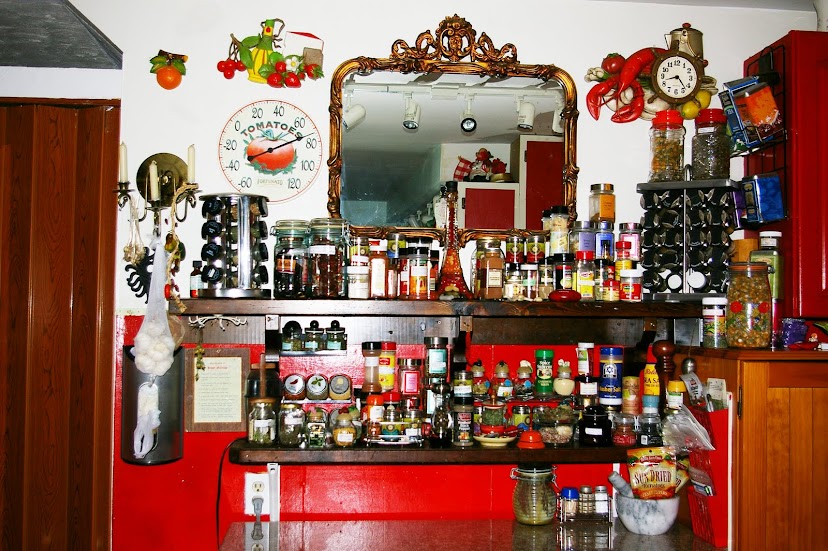Did you know that you already have a natural remedy against inflammatory respiratory conditions like allergies in your kitchen? That's right, onions. Much of the high quercetin content resides in the skins. When you cook onions don't peel them, leave the skin on, and filter out of soups and stews before serving. Onions are characterized by their rich content of thiosulfinates, sulfides, sulfoxides, and other odoriferous sulfur compounds. The cysteine sulfoxides are primarily responsible for the onion flavor and produce the eye-irritating compounds that induce lacrimation. The thiosulfinates exhibit antimicrobial properties. Onion is effective against many bacteria including Bacillus subtilis, Salmonella, and E. coli. The World Health Organization (WHO) supports the use of onions for the treatment of poor appetite and to prevent atherosclerosis. In addition, onion extracts are recognized by WHO for providing relief in the treatment of coughs and colds, asthma and bronchitis. Onions are known to decrease bronchial spasms. An onion extract was found to decrease allergy-induced bronchial constriction in asthma patients. Onions are a very rich source of fructo-oligosaccharides. Onions contain a number of sulfides similar to those found in garlic which may lower blood lipids and blood pressure. In India, communities that never consumed onions or garlic had blood cholesterol and triglyceride levels substantially higher, and blood clotting times shorter, than the communities that ate liberal amounts of garlic and onions. Onions are a rich source of flavonoids, substances known to provide protection against cardiovascular disease. Onions are also natural anti clotting agents since they possess substances with fibrinolytic activity and can suppress platelet-clumping. The anti clotting effect of onions closely correlates with their sulfur content. Western Yellow, New York Bold, and Northern Red onions have the richest concentration of flavonoids and phenolics, providing them with the greatest antioxidant and anti-proliferative activity of 10 onions tested. The mild-tasting Western White and Vidalia onions had the lowest antioxidant content and lowest anti-proliferative activity. The consumer trend to increasingly purchase the less pungent, milder onion varieties may not be the best, since the onions with a stronger flavor and higher astringency appear to have superior health-promoting properties. Onions, and other Allium species, are highly valued herbs possessing culinary and medicinal value. |
God Bless And Have A Spectacular Wednesday!
Simone:)
Ask Me A Question?
Copyright@SimoneBonda

No comments:
Post a Comment